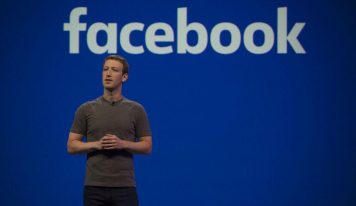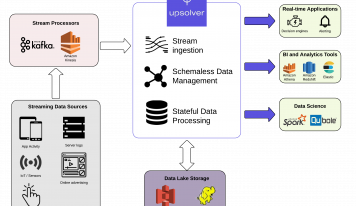There is a "state of the broadband industry report" report I just came across from the Free Press, Consumers Union and The Consumer Federation of America. The report blasts FCC Chairman Kevin Martin and takes excerpts from an op-ed piece he wrote for the Wall Street Journal and other statements and says Martin’s conclusion is either wildly optimistic or intentionally misleading.
Here are the statements/quotes in question:
he
"broadband platforms are engaged in fierce competition."
He lauded the Supreme Court’s recent Brand X decision and praised the results of the FCC study, proclaiming that "the dramatic growth in broadband services depicted in this report proves that we are well on our way to accomplishing the president’s goal of universal, affordable access to broadband by 2007."
The report goes on to say:
The
The standard measure of high-speed Internet used by the FCC is 200 kbps and is too low to carry low-quality video.
The FCC uses a misleading measure of broadband coverage. The Commission counts a ZIP code as covered by broadband service if it contains at least one broadband subscriber. No consideration is given to the price, speed or availability of connections across the ZIP code.
Broadband speed is not increasing very quickly
Broadband pricing competition consists of bait and switch tactics as opposed to dropping prices
The FCC knows that Satellite and wireless broadband are losing share and more importantly cable and DSL own 98% of the market.
Open access policies create competition in the broadband market. Open access, or common carriage, for competitive DSL carriers has loosened the dominance of cable modem service in the residential market. Despite gains in service availability, the FCC seems eager to eliminate open access, entrench an incumbent duopoly, and stifle consumer choice.
The
The
Broadband adoption is highly dependent on socio-economic status. Almost 60 percent of households with incomes above $150,000 have a broadband connection, while less than 10 percent of households with incomes below $25,000 have a connection.
The gap between rural and urban
Here is another chilling but well-known (to me anyway) piece of information worth reading in the report:
According to the International Telecommunications Union (ITU), last year the United States dropped from 13th to 16th place in broadband penetration, with 11.4 connections per 100 inhabitants. By comparison,
In short the study is depressing.





